Environmental Protection (blended) - RTXSK2EBNE
Academic year/semester: 2024/25/2
ECTS Credits: 4
Available for: Only for the faculty’s students
Lecture hours: 2
Seminarium:0
Practice: 1
Laboratory: 0
Consultation: -
Prerequisites: None
Course Leader: Edit Csanák DLA
Faculty: Rejtő Sándor Faculty of Light Industry and Environmental Engineering, 1034 Budapest, Doberdó utca 6.
Course Description:
A description of the safety, health, environmental, quality and control requirements for the relevant professional sectors (textiles, clothing, leather, paper, plastics, etc.). Environmental impact of technologies, environmental problems in industrial production, their analysis and modern management. General rules and standards for waste management. Waste minimisation, recycling, re-use, disposal guidelines. Resource management.
Competences:
-
Topics:
1st Week: Lecture: 1: Environmental risk assessment of textile processes and basic concepts /Practice: Raw materials in the textile industry, fibre recognition 1.
2nd Week: L 2: Environmental risk assessment of textile processes and basic concepts / P: Raw materials in the textile industry, fibre recognition 1.
3rd Week: L 3: Technologies of major chemical stress: the finishing industry, including the chemistry of dyes / P: Technical and non-woven textiles 1.
4th Week: L 4: Priority technologies for chemical stresses: the finishing industry, including dyeing and textile printing / P: Technical and non-woven textiles 2.
5th Week: L 5: Textiles for environmental protection, textile-based structures / P: Woven and knitted technical textiles 1.
6th Week: L 6: Voluntary certification schemes / P: Woven and knitted technical textiles 2.
7th Week: Test 1.
8th Week: L 7: Life cycle analysis in textiles and clothing - LCA / P: EU Textile Strategy
9th Week: L 8: Life cycle analysis in textiles and clothing - LCA / P: EU Textile Strategy
10th Week: L 9: Ecological and energy footprint of the textile and clothing industry / P: Feasibility of a circular economy in the textile industry
11th Week: L 10: Possibilities of reuse, recycling, destruction of textiles. Waste management. / P: Feasibility of a circular economy in the textile industry
12th Week: L 11: Possibilities of reuse, recycling, destruction of textiles. Waste management. / P: Feasibility of a circular economy in the textile industry
13th Week: L 12: Test 2. / P: Student reports
14th Week: Evaluation of the semester
Assessment: Exercise 1: Measurement report 1 Exercise 2: Measurement report 2 Exercise 3: Measurement report 3 Assignment 4: Report (individual development and electronic submission of the required assignment via Moodle and oral presentation in weeks 12 and 13) 2 online tests (in weeks 7 and 13).
Exam Types:
The requirement for obtaining a mid-year mark: - Valid participation in the exercises, - Individual or group assignments issued during the semester must be completed and handed in by the deadline. The deadline for submission of the mid-term assignments is set by the instructors. Assignments handed in after the deadline may only be handed in with a late fee, at the latest during the next teaching week. - Completion of 2 online tests with a grade of at least satisfactory. A satisfactory test grade requires 50% of the maximum score. The mid-year grade is based on the weighted average of the result of the final examination (50%) and the mid-year assignment (50%). The relevant provisions of the current Study and Examination Regulations apply to the replacement of the mid-term mark.
Compulsory bibliography: None
Recommended bibliography: None
Additional bibliography: None
Additional Information: None



